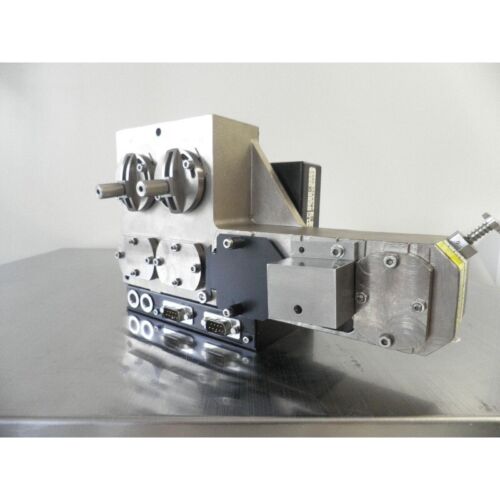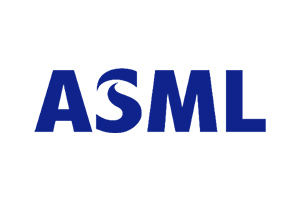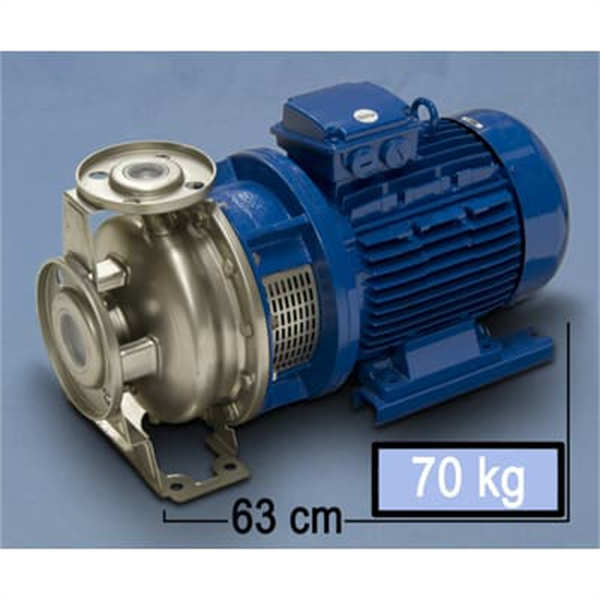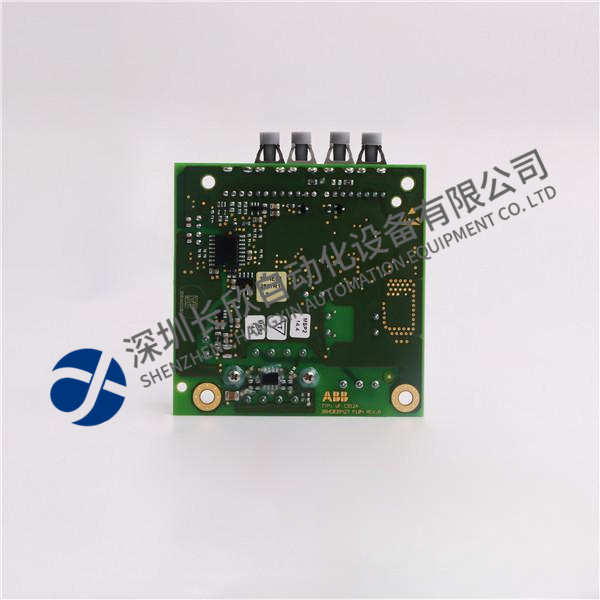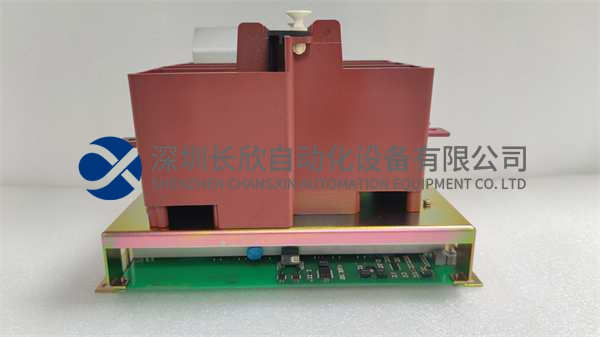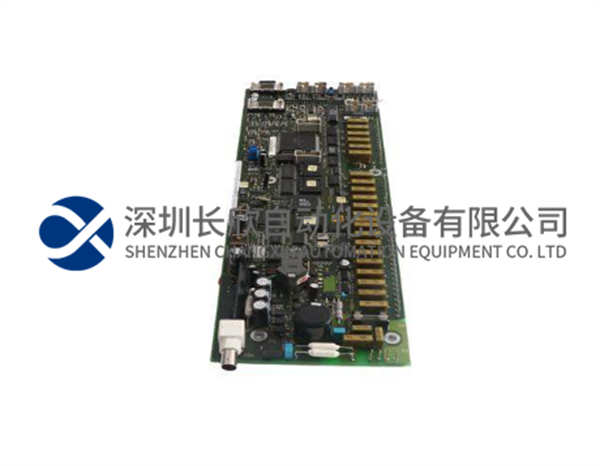描述
产品简要说明
ASML 4022.435.3411 3B是ASML为EUV光刻机设计的高精度光束调整模块,核心特性包括:
波前畸变补偿:动态校正光束相位误差(RMS≤0.03λ),支持自适应算法实时修正。
多物理场协同控制:集成热形变补偿、振动抑制与电磁干扰屏蔽(EMI≥70dB)。
高稳定性输出:光束发散角≤0.3mrad,功率波动≤0.2%(RMS)。
产品详细说明
1.技术架构与核心功能
动态波前校正系统:
自适应光学元件:采用变形镜(DM)与压电陶瓷驱动,曲率调整精度≤0.01nm。
相位传感器:基于波前传感器(Shack-Hartmann)的实时检测,采样频率≥1kHz。
多物理场控制模块:
热管理:液氦冷却系统实现透镜温度波动≤0.005℃,热漂移补偿效率≥98%。
振动抑制:主动隔振平台(AVI)降低外部振动干扰至≤0.01nm/μm/s²。
智能算法集成:
基于机器学习的波前预测模型,提前补偿机械形变误差(预测准确率≥99%)。
多目标优化算法,平衡光束稳定性与能量利用率(能量损耗≤3%)。
2.性能突破
极端环境适应性:
真空环境(<1e-7 mbar)下光束传输损耗≤0.05%/米。
超低温(-196℃)下材料热膨胀系数(CTE)≤0.05ppm/℃。
抗干扰能力:
电磁屏蔽等级EMI≥80dB,射频干扰(RFI)抑制比≥20dB。
长寿命设计:
变形镜疲劳寿命≥1e10次循环,冷却系统效率≥95%。
技术规格:ASML 4022.435.3411 3B
参数项规格描述
波前畸变补偿RMS≤0.03λ( 13.5nm波长)
光束发散角≤0.3mrad(全角)
热稳定性温控精度≤0.005℃,热漂移补偿效率≥98%
振动抑制有效频段1-1000Hz,隔振效率≥95%
核心价值与性能亮点
1.先进制程适配
3nm以下制程支持:通过动态波前校正,单次曝光分辨率提升至≤3nm(half-pitch)。
多层堆叠兼容:支持3D NAND闪存的128层堆叠工艺,层间对准误差≤0.02nm。
2.工业级可靠性
故障预测系统:基于振动频谱分析的机械部件寿命预测,剩余寿命预警误差≤5%。
冗余设计:双波前传感器备份,切换时间≤50ms。
3.生态协同创新
ASML NXE 3600D适配:专为7nm EUV光刻机设计,兼容其新型光学接口(OI 4.0)。
未来升级预留:支持数值孔径(NA)≥0.55的扩展接口。
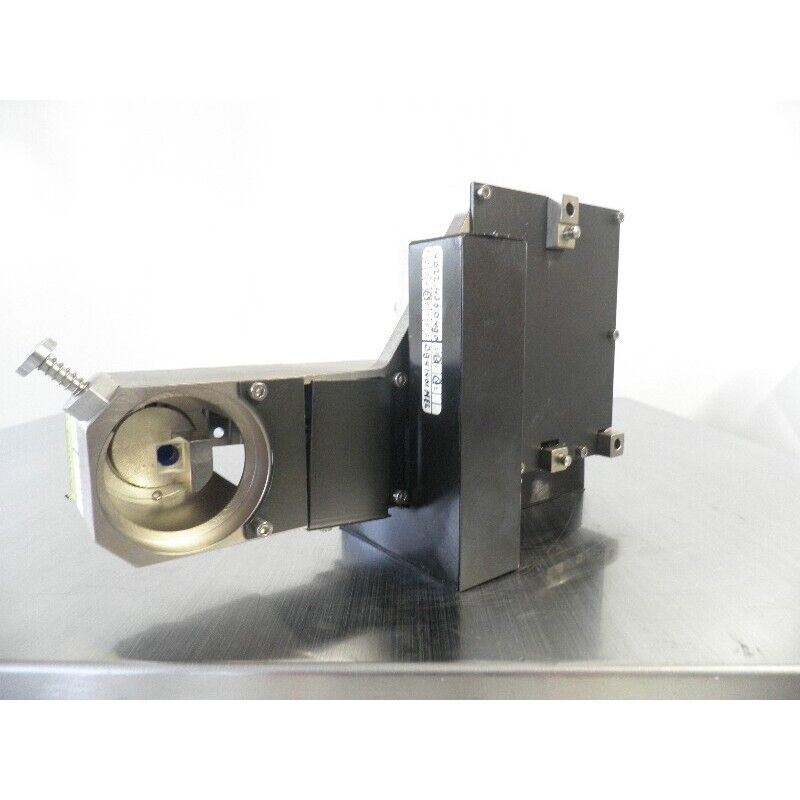
Product brief description
ASML 4022.435.3411 3B is a high-precision beam adjustment module designed by ASML for EUV lithography machines.The core features include:
Wavefront distortion compensation:dynamically corrects the beam phase error(RMS≤0.03λ),supports real-time correction of adaptive algorithms.
Multi-physics coordinated control:integrated thermal deformation compensation,vibration suppression and electromagnetic interference shielding(EMI≥70dB).
High stability output:beam divergence angle≤0.3mrad,power fluctuation≤0.2%(RMS).
Product details
1.Technical architecture and core functions
Dynamic wavefront correction system:
Adaptive optical components:Deformation mirror(DM)and piezoelectric ceramic drive,with curvature adjustment accuracy≤0.01nm.
Phase sensor:Based on real-time detection of wavefront sensor(Shack-Hartmann),the sampling frequency is≥1kHz.
Multi-physics control module:
Thermal management:The liquid helium cooling system achieves lens temperature fluctuations of≤0.005℃,and the thermal drift compensation efficiency is≥98%.
Vibration suppression:Active vibration isolation platform(AVI)reduces external vibration interference to≤0.01nm/μm/s².
Intelligent algorithm integration:
The wavefront prediction model based on machine learning is compensated for mechanical deformation error in advance(prediction accuracy is≥99%).
Multi-objective optimization algorithm,balancing beam stability and energy utilization(energy loss≤3%).
2.Performance breakthrough
Extreme environmental adaptability:
The beam transmission loss under vacuum environment(<1e-7 mbar)is≤0.05%/meter.
The thermal expansion coefficient(CTE)of the material at ultra-low temperature(-196℃)is≤0.05ppm/℃.
Anti-interference ability:
The electromagnetic shielding level EMI is≥80dB,and the radio frequency interference(RFI)suppression ratio is≥20dB.
Long life design:
The fatigue life of the deforming mirror is≥1e10 cycles,and the cooling system efficiency is≥95%.
Technical Specifications:ASML 4022.435.3411 3B
Parameters Specification Description
Wavefront distortion compensation RMS≤0.03λ( 13.5nm wavelength)
Beam divergence angle≤0.3mrad(full angle)
Thermal stability Temperature control accuracy≤0.005℃,thermal drift compensation efficiency≥98%
Vibration suppression Effective frequency band 1-1000Hz,vibration isolation efficiency≥95%
Core Valuesand Performance Highlights
1.Advanced process adaptation
The following 3nm process supports:through dynamic wavefront correction,the single exposure resolution is increased to≤3nm(half-pitch).
Multi-layer stacking compatibility:Supports 128-layer stacking process of 3D NAND flash memory,with an inter-layer alignment error of≤0.02nm.
2.Industrial-grade reliability
Fault prediction system:mechanical component life prediction based on vibration spectrum analysis,residual life warning error≤5%.
Redundant design:dual wavefront sensor backup,switching time≤50ms.
3.Ecological collaborative innovation
ASML NXE 3600D adaptation:designed for 7nm EUV lithography machines,compatible with its new optical interface(OI 4.0).
Future upgrade reservation:Supports extended interfaces with numerical aperture(NA)≥0.55.

